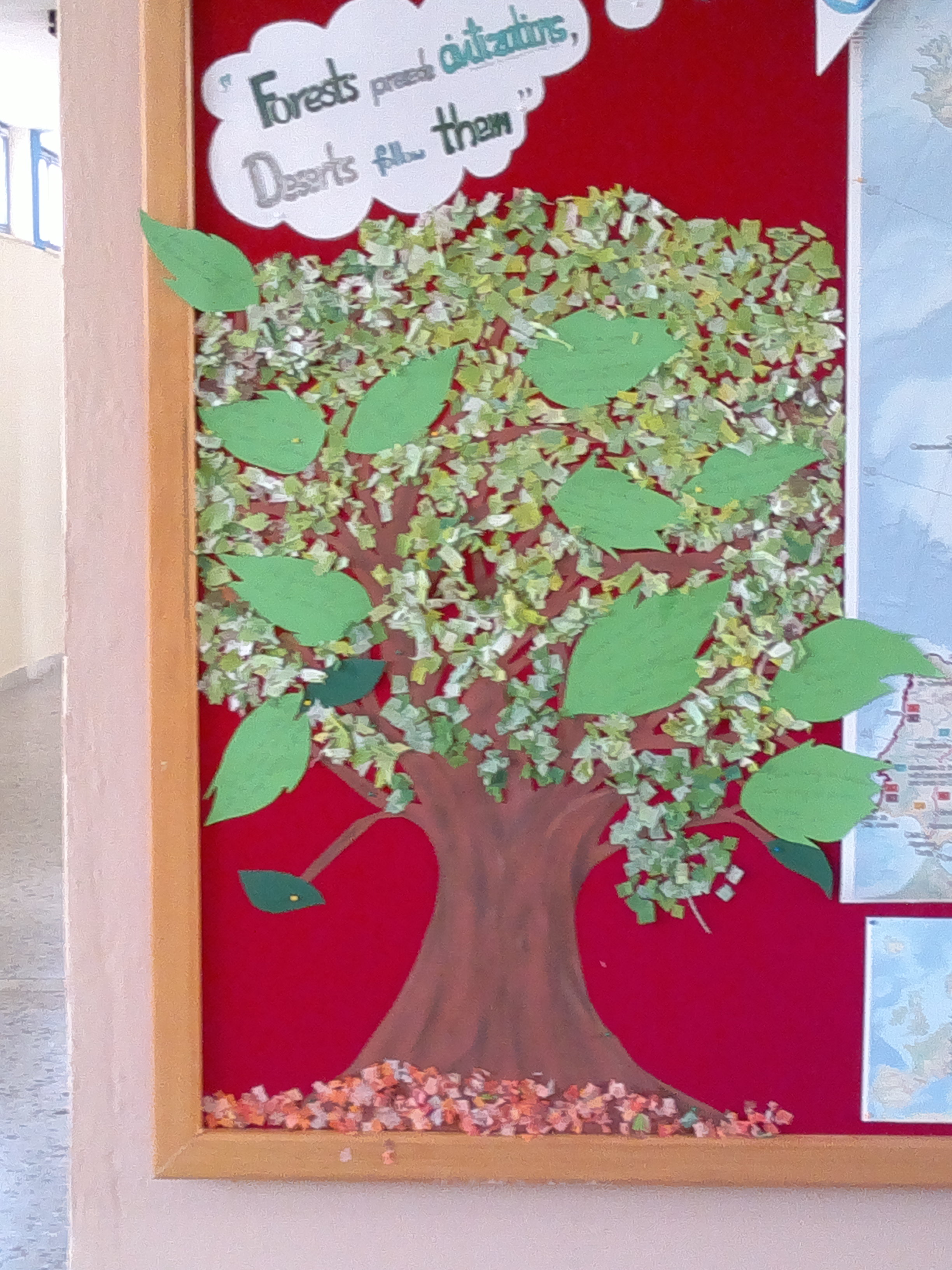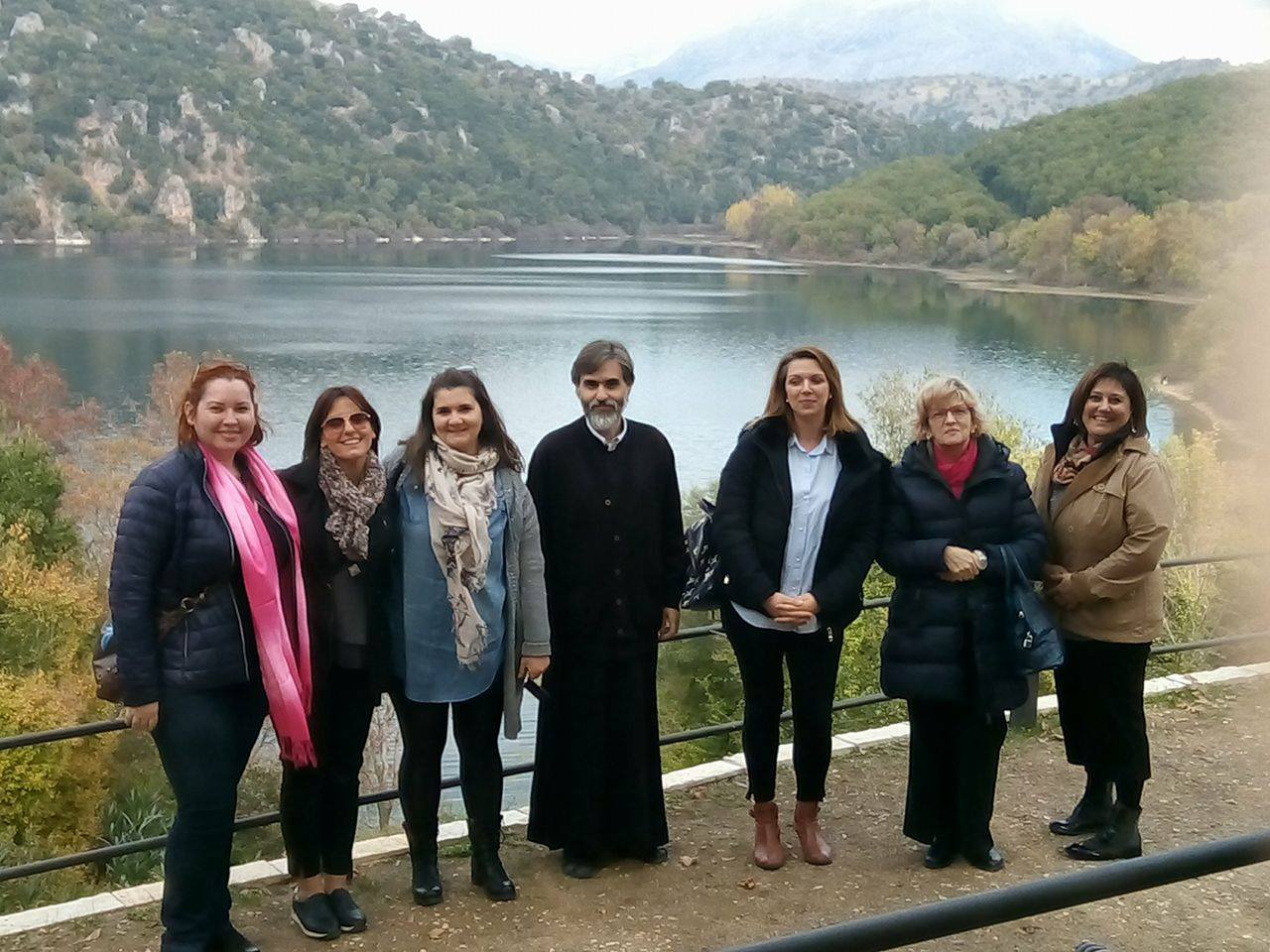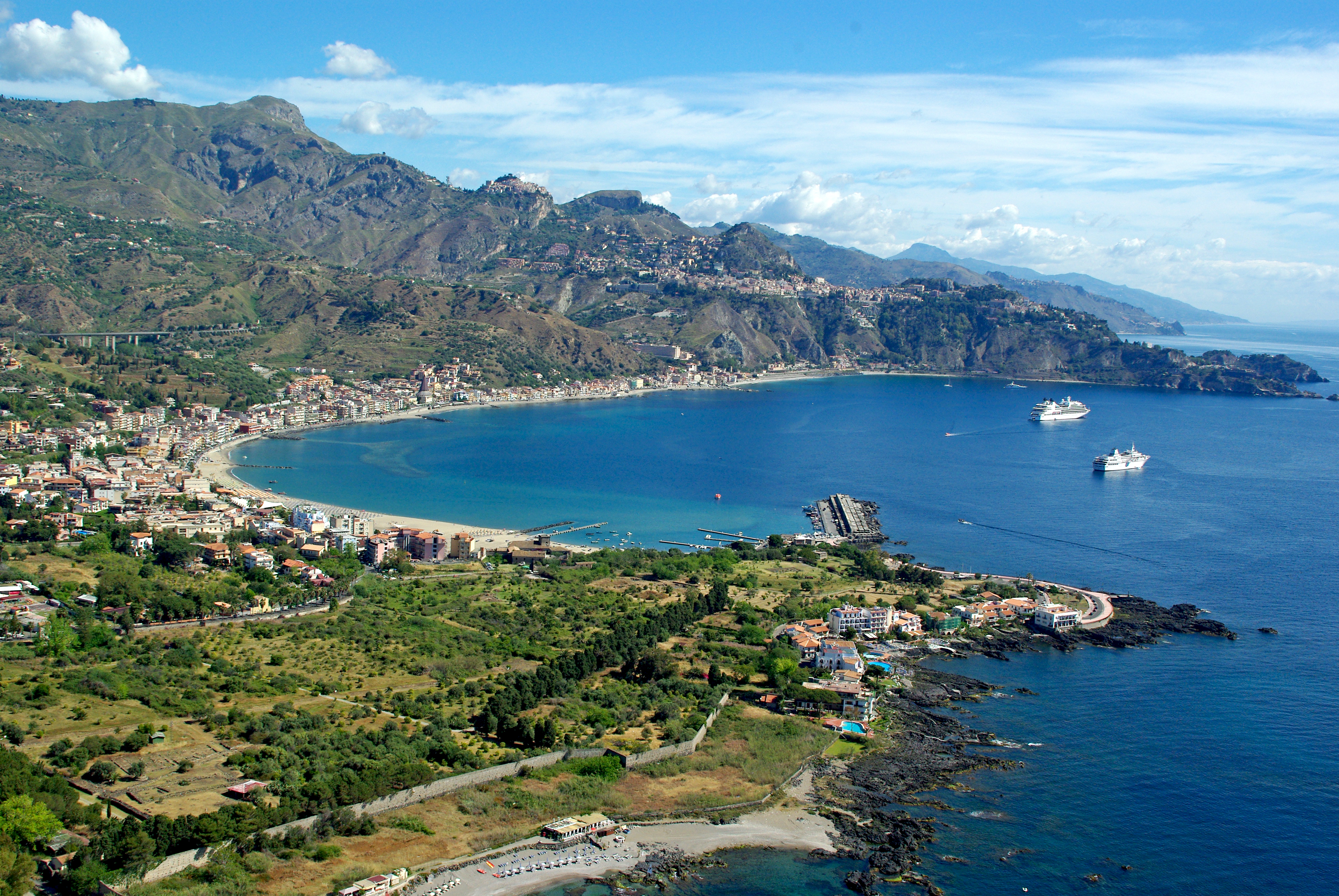The participant students will get familiarized with
physics, biology, chemistry and geology at the cognitive level through
innovative approaches. This cross curricular method will help them have a
greater understanding of the environment and how nature works. Also they will
develop an increased level of digital and foreign languages competence through
the creation of a website, a blog, an e - journal. As a result, more attractive
education and training programs will be provided according to individuals'
needs and expectations. They will develop their social competence because they
will learn to cooperate and share their experiences with their partners. They
will meet and respond to social, linguistic and cultural diversity as they will
get a better understanding of the European constructions and will realize that
common paths connect different worlds. They will in short and long term meet
each other geographically, socially, culturally and emotionally. In this way
they will obtain a positive attitude towards the European project and EU
values. They will change their values and attitudes as far as the modern lifestyle
is concerned. Through the connection with nature and all the pleasant
activities it involves (hiking, climbing, cycling) they will adopt a natural
way of life, with which they can have both psychological and physical health.
They will act as multipliers and they will have a strong impact on the school
community both on students and staff towards this direction. So, they will have
more active participation in society and will become active citizens based on
the democratic processes not only among the partners but among students as well
and the cooperation and collective action taken.
We also expect that the teachers participating will get better managerial and organizational skills (better time and financial management, public relations and collaborative skills), flexibility in working on the project, better ICT competences, better language competences in using English (especially for teachers of other subjects) and the development of social skills (working in a team, making friends, building mutual trust, improving the relationship between teachers, pupils and non-teaching staff, being good hosts/guests, communicating efficiently).
Of course we expect a strong impact on parents through the engagement of parents towards school activities and the widening of their cultural horizons by the experimentation of inter-cultural contacts as hosts to foreign students.
In addition the educational policies about environmental education will be affected. The school communities will realize that they should approach the environment holistically and inter disciplinary through innovative methods that result in the creation of sensitized and environmentally responsible citizens. Also, we aim at the diversification in the school's educational offer, the improvement of the school image (a good publicity and a better shaped profile focused on European cooperation activities created by regular contacts with local media to present aspects of joint work on the project), strengthened contacts with local businesses in the tourism field and local authorities to promote further collaboration and educational activities in the future, the willingness to become dissemination centers of good practices to other institutions in the area, and to the whole local community as a lifelong learning community. Also, the school image will be improved locally, testifying to its ability to create ties with partners in Europe as participation in a project constitutes a major plus for the region in which the schools are located and it contributes to the consolidation of school-community partnerships and the openness of the school.
Finally, the participating organizations, stakeholders, local communities, city councils and investors will have the opportunity to create a more modern, dynamic and committed environment. They will be able to integrate good practices and new methods while they will cooperate with organizations in different fields or socio - economic sectors. They will benefit from the project as there will be development (both social and economic) and promotion of the areas around the paths through mild interference. Also, we expect to give participants the opportunity to cultivate their employable skills through the project in the fields of Eco-tourism, alternative tourism, accommodation, gastronomy, sport facilities and herb agriculture, giving them the initiative to start looking towards this direction in a crisis era. In addition, they can work towards the solution of environmental problems in the local community such as rubbish, recycling, green, cycling paths. Finally, the hiking and climbing clubs and the environmental centers will undertake the responsibility to clean the existing paths while they will cooperate with cultural associations. In this way they will be inspired to develop a different culture of the path.
We also expect that the teachers participating will get better managerial and organizational skills (better time and financial management, public relations and collaborative skills), flexibility in working on the project, better ICT competences, better language competences in using English (especially for teachers of other subjects) and the development of social skills (working in a team, making friends, building mutual trust, improving the relationship between teachers, pupils and non-teaching staff, being good hosts/guests, communicating efficiently).
Of course we expect a strong impact on parents through the engagement of parents towards school activities and the widening of their cultural horizons by the experimentation of inter-cultural contacts as hosts to foreign students.
In addition the educational policies about environmental education will be affected. The school communities will realize that they should approach the environment holistically and inter disciplinary through innovative methods that result in the creation of sensitized and environmentally responsible citizens. Also, we aim at the diversification in the school's educational offer, the improvement of the school image (a good publicity and a better shaped profile focused on European cooperation activities created by regular contacts with local media to present aspects of joint work on the project), strengthened contacts with local businesses in the tourism field and local authorities to promote further collaboration and educational activities in the future, the willingness to become dissemination centers of good practices to other institutions in the area, and to the whole local community as a lifelong learning community. Also, the school image will be improved locally, testifying to its ability to create ties with partners in Europe as participation in a project constitutes a major plus for the region in which the schools are located and it contributes to the consolidation of school-community partnerships and the openness of the school.
Finally, the participating organizations, stakeholders, local communities, city councils and investors will have the opportunity to create a more modern, dynamic and committed environment. They will be able to integrate good practices and new methods while they will cooperate with organizations in different fields or socio - economic sectors. They will benefit from the project as there will be development (both social and economic) and promotion of the areas around the paths through mild interference. Also, we expect to give participants the opportunity to cultivate their employable skills through the project in the fields of Eco-tourism, alternative tourism, accommodation, gastronomy, sport facilities and herb agriculture, giving them the initiative to start looking towards this direction in a crisis era. In addition, they can work towards the solution of environmental problems in the local community such as rubbish, recycling, green, cycling paths. Finally, the hiking and climbing clubs and the environmental centers will undertake the responsibility to clean the existing paths while they will cooperate with cultural associations. In this way they will be inspired to develop a different culture of the path.

 Erasmus+ Corner
Erasmus+ Corner Transnational Meeting
Transnational Meeting Library
Library High School of Thesprotiko
High School of Thesprotiko Caminiti Trimarchi
Caminiti Trimarchi Liceum Teoretic Aurel Lazar
Liceum Teoretic Aurel Lazar  Thesprotiko
Thesprotiko Giardini Naxos
Giardini Naxos Oradea
Oradea Kokkinopilos
Kokkinopilos
No comments:
Post a Comment